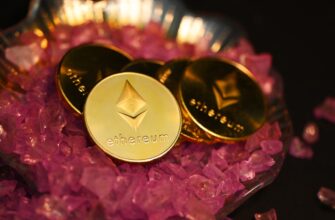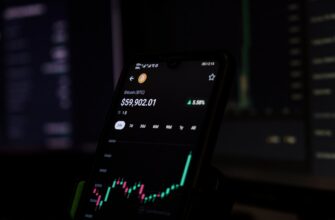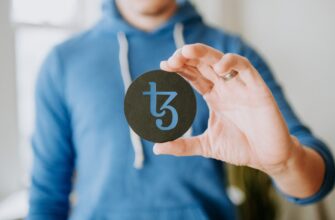- Understanding Cryptocurrency Market Hours in India
- Do Crypto Exchanges Have Official Open/Close Times?
- Peak Trading Hours for Indian Crypto Traders
- How Banking Hours Impact Crypto Trading in India
- Regulatory Landscape and Trading Accessibility
- Optimizing Your Crypto Trading Schedule
- FAQs: Cryptocurrency Trading Hours in India
- 1. Can I trade crypto at 3 AM in India?
- 2. Why do my INR withdrawals take 12+ hours?
- 3. Are exchanges down during Indian holidays?
- 4. When is the most volatile period for Bitcoin in IST?
- 5. Do international events affect Indian trading hours?
- Key Takeaways for Indian Traders
Understanding Cryptocurrency Market Hours in India
Unlike traditional stock markets, cryptocurrency exchanges operate 24 hours a day, 7 days a week globally – including in India. This non-stop trading cycle means you can buy, sell, or trade digital assets like Bitcoin and Ethereum anytime. However, trading activity fluctuates based on global market sessions, regulatory frameworks, and local banking hours that impact fiat transactions. Understanding these nuances helps Indian traders optimize their strategies.
Do Crypto Exchanges Have Official Open/Close Times?
No major Indian cryptocurrency exchange enforces fixed open/close times for trading digital assets. Platforms like CoinDCX, WazirX, and ZebPay allow trading 24/7. Yet, critical limitations exist:
- Fiat Deposits/Withdrawals: Linked to banking hours (typically 9 AM – 5 PM IST weekdays)
- Scheduled Maintenance: Exchanges occasionally pause services for updates (announced in advance)
- Regulatory Halts: Government directives may temporarily suspend trading (e.g., during banking restrictions)
Peak Trading Hours for Indian Crypto Traders
While markets never close, volatility and volume peak during specific windows when global markets overlap. Key trading sessions for Indian investors:
- European Session (1:30 PM – 10:30 PM IST): Rising volume as London opens
- US Session (6:30 PM – 3:30 AM IST): Highest volatility with New York activity
- Asian Session (Early Morning IST): Influence from Tokyo/Singapore markets
- Local Peaks (7 PM – 11 PM IST): Surge when Indian traders are active post-work
How Banking Hours Impact Crypto Trading in India
Since INR transactions require bank processing, fiat operations follow RBI guidelines:
- Deposits/withdrawals delayed during bank holidays and weekends
- UPI/IMPS transfers fastest 8 AM – 6:30 PM IST weekdays
- T+1 settlement for some fund transfers (completed next business day)
Pro Tip: Use stablecoin pairs (USDT/INR) for continuous trading when banks are closed.
Regulatory Landscape and Trading Accessibility
India’s crypto regulations influence market access:
- No blanket ban, but 30% tax on profits + 1% TDS on transactions
- Exchanges must comply with KYC/AML guidelines round-the-clock
- Future regulations may introduce licensing requirements affecting operations
Optimizing Your Crypto Trading Schedule
Maximize opportunities with these strategies:
- Trade during high-volatility windows (US/Europe overlap)
- Set limit orders overnight to capitalize on price swings
- Monitor global news affecting crypto (e.g., US Fed announcements)
- Use exchange apps with price alerts for 24/7 monitoring
FAQs: Cryptocurrency Trading Hours in India
1. Can I trade crypto at 3 AM in India?
Yes. Crypto markets operate 24/7, allowing trading anytime, including overnight.
2. Why do my INR withdrawals take 12+ hours?
Bank processing occurs only during business hours (weekdays 9 AM-5 PM IST). Weekend requests queue until Monday.
3. Are exchanges down during Indian holidays?
Trading continues, but fiat services may pause on national holidays like Diwali or Republic Day.
4. When is the most volatile period for Bitcoin in IST?
Typically 6:30 PM – 12:30 AM IST when US markets open and economic data releases occur.
5. Do international events affect Indian trading hours?
Yes. Major events (e.g., Bitcoin halvings, regulatory announcements) cause volatility regardless of local time.
Key Takeaways for Indian Traders
Cryptocurrency trading in India follows a 24/7 schedule with no mandatory open/close times. While you can execute trades anytime, banking dependencies and global market rhythms create practical constraints. Successful traders align activities with peak volatility windows, account for INR processing delays, and stay updated on regulatory shifts. As India’s crypto ecosystem evolves, this flexibility remains a defining advantage over traditional markets.








